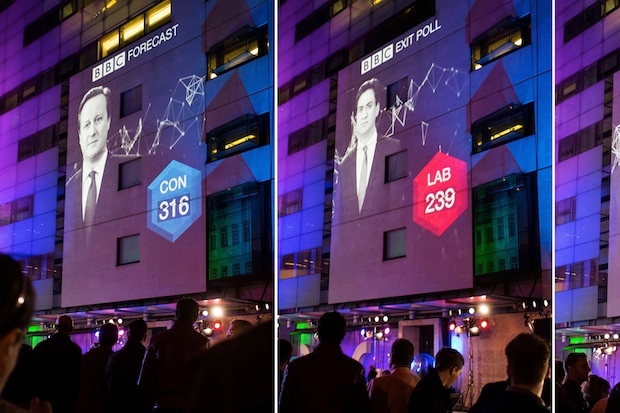We can all agree that the 2015 General Election was not the pollsters’ finest moment. While final polls from ComRes and one other firm put all the parties within the margin of error, we all consistently overestimated Labour and underestimated the Conservatives. Yet despite this Election, political polling in the UK has a strong record – certainly a lot better than, say, government economic forecasts.
The industry has reacted to the election by openly addressing its failings and working hard to correct them. As well as the independent review, most polling firms are conducting their own internal reviews. The freedom to do so is fundamental to the success of the industry.
However, Lord Foulkes’ suggestion – to be debated at its Second Reading in the House of Lords on Friday – to establish a statutory polling regulator, would be a massive overreach. His regulator would rule on approved sampling methods, questions to be asked and seek a ban on publication of polls. This is totally unnecessary and undemocratic, not to mention unworkable.
The current competitive environment means all pollsters differ slightly in their approaches, as we try to be as accurate as possible. Lord Foulkes’ suggestion that polls are ‘fixed’ to a desired outcome defies both evidence and logic. His proposed centrally approved methodology would not only stifle that fierce competitiveness, but also mean that any inaccuracies are compounded by the dead hand of regulatory uniformity.
The Bill also suggests that the regulator should comprise representatives from ‘polling organisations, political parties and the media’. This is extraordinarily naïve: involving political parties and the media would introduce partisan players, when public polling must naturally be independent. Consider, for example, that Ukip criticised a ComRes poll showing Nigel Farage behind in South Thanet as ‘wishful thinking and numerical trickery’, while Nick Clegg said a ComRes/ITV News poll showing the Lib Dems losing 14 seats in the South West was ‘baloney’. Nigel Farage lost in South Thanet, and the Lib Dems lost every single one of those 14 seats.
A ban – which might be great financially for the polling industry – would see the main beneficiaries being a wealthy few who can afford to pay for private polls. However, ordinary voters, subjected to leaks and rumoured polls without any way of knowing their validity, would be left at a disadvantage. That is hardly healthy for democracy. All British Polling Council (BPC) members already publish all polling data as soon as polls are released, enabling voters and commentators alike equal access to judge the polls on their merits.
Banning polls ignores one major 21st Century reality of life: the internet. News feeds and social media are global. For example, Guido Fawkes’ servers are located in California, outside any UK regulator’s jurisdiction. Unless we use Kim Jong-Un style tactics, a ban would be completely unworkable.
The opinion polling industry is tested very publicly at every General Election when our reputations are put on the line. We may not get it right all of the time but to think that we don’t care or don’t strive to be accurate is, frankly, ludicrous. Encouraging competition to drive innovation and improvement rather than permitting knee-jerk reactions is the way to move on from GE2015.
Tom Mludzinski is Director of Political Polling at ComRes






Comments